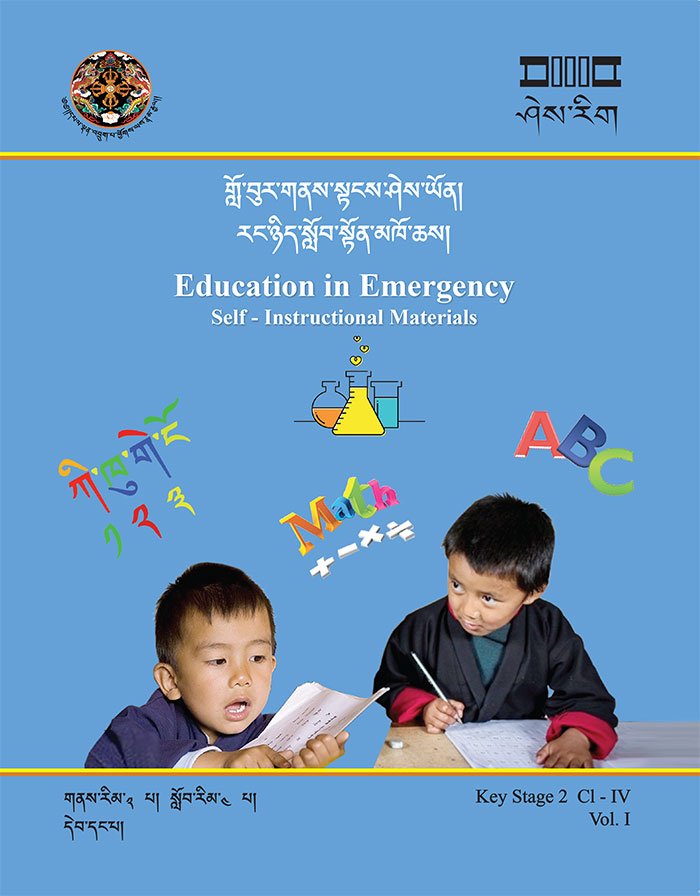Initiative to leave no student behind
Yangchen C Rinzin
To engage students without access to television or internet, the ministry of education is now working on Self Instructional Materials (SIM), a printed version of the tele-education that has been broadcast since March 27.
SIM is the printed version of the same lessons that were covered for classes PP to XII and aired through the Bhutan Broadcasting Service TV. The ministry has divided the lessons into five packages. The printing of the first package has already begun and would be distributed to students soon.

The education ministry, after schools were closed on March 5, had worked on several initiatives to engage students and continue education meaningfully.
The ministry’s officiating secretary, Karma Tshering, said that in collaboration with the Royal Education Council, they came up with the Education in Emergency where they first developed an adopted curriculum targeted for five Key Stages from PP-XII.
The programme launched on March 27 had lessons that were aired through BBS every morning. “We’ve already recorded about 440 video lessons as of now that will continue to broadcast until May.”
To ensure it reaches children and teachers stationed in schools, the ministry will continue to provide help with the lessons through virtual interactions like using social media applications and Google classrooms.
Although the programme has been successful in engaging parents and students, the ministry found that around 17,000 students did not have access to television. These children are either from socio-economically disadvantaged parents or live in places with limited internet access or reliable connection.
Karma Tshering said that in collaboration with the local government, the ministry is trying to leave no one out. “We managed to get the data from the local government that identified students without such facility and requires additional support to continue their education,” he said.
The officiating secretary said that class PP-III students would also be supported through lessons recorded and aired on radio since it would be difficult for them to handle SIM without guidance. The recorded lessons would be broadcast through BBS Radio and Kuzoo FM simultaneously.
“Teachers or education officials who are still stationed in the dzongkhags will guide and monitor the students to impart SIM,” he said. “We’ve also planned to train at least one teacher each from every school on the use of Google Classroom between April and May and in turn, they will train other teachers.”
Karma Tshering said the ministry has also worked on a similar package for Early Childhood Care and Development, Special Education Need, and Non-Formal Education (NFE) like special packages and learning packages. The ministry will provide the same printed lessons to NFE learners.
The ministry has also submitted, to the government, proposals from students who require devices like electronic tablets, mobile phones, television and radio. There were a total of 166,786 students in 2019 according to the annual education statistics 2019.

